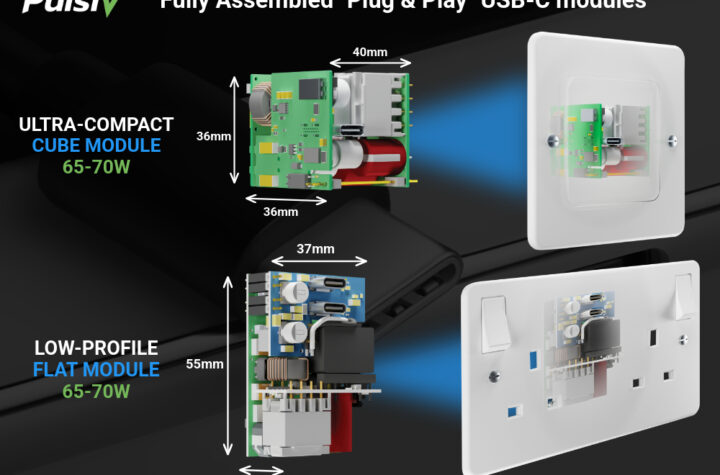
Automotive components often need to meet strict quality controls and manufacturers need to know they can rely on subcontractors to deliver. Dawson Precision Components (DPC) is one company that has been investing in staff and technology to ensure they meet the high standards demanded by the automotive industry.
Automotive manufacturing companies rely on engineering subcontractors to provide parts which they do not have the technology or capacity to make themselves. These parts are often required to be very high precision and are expected to be made on time and to specification. Small imperfections or poor material quality can make a critical difference to performance and in the worst case mean final products fail to meet the safety standards.
Despite the increasing number of cheaper components suppliers in the countries like China and India, there is still a market for components in Europe and North America. Whilst such companies can’t compete on price, they are offering levels of quality and speed of turnaround not yet found in these cheaper countries. As a result, there are still plenty of automotive manufacturers willing to pay more for such a service.
Dawson Precision Components (DPC) is a precision engineering company which is committed to meeting the automotive industry’s ever increasing expectations through continued investment in new technology and staff.
The company was formed in 1965 in Shaw, Greater Manchester, UK. The original directors, brothers Frank and William Dawson built up the business from scratch making components for iconic electrical engineering firm Ferranti. Since then, the company has grown to one of the leading subcontract machining SMEs in the northwest, supplying a number of automotive clients amongst other related industries.
Now run by a second generation of Dawsons, the company has been pursuing a £2million investment programme over the last few years to ensure the factory boasts a range of CNC lathes that enable it to produce turned parts to almost any specification at an accuracy of 5 microns. Metalworking in stainless steel, mild steel, brass, aluminium and titanium still comprises a large share of the business whilst the company is also expert at producing finely machined perspex, delrin and plastic components.
DPC’s has a long history of working in the automotive sector, particularly in motorsport, making parts such as electronic housings, carbon fibre steering columns, shock absorber baffles, engine pulleys and specialist vehicle crank spindles.
One of the state of the art machines in DPC’s armoury is the Citizen L20, which is used for parts from 1mm-20mm. Its 16 tools allow for parts to be created to complex specifications in a single run allowing for the quick creation of large batches of parts. These include objects like screws and spindles but have also been used for parts such as fasteners for folding roofs in convertibles that require complex and accurate turning and milling of a small bar. It offers short cycle times and, once programmed can be left overnight to complete a batch of parts, allowing for quick turnaround times without risk of inaccuracies.
DPC was recently called upon to produce vital aluminium parts for the water pump in an F1 engine. Because this has to undergo high stress, very tight tolerances were required. For parts like this DPC uses the Goodway CNC lathe for turning and drilling. This is a high spec machine for demanding turning applications offering 77mm dia bar capacity. Live tooling, C-axis, Y-axis, and sub-spindle capabilities mean it can complete milling, drilling, and front/back-end turning applications in one run.
“All such advanced machinery, from production to inspection, requires a great deal of skill to set up, program and operate,” says Simon Dawson, Managing Director of Dawson Precision Components. “Ensuring our engineers have across the board competence by continuing training has paid dividends, both in terms of customer confidence and in our ability to carry out larger workloads. Because everyone has across the board skills, we don’t have to wait for our one expert to finish one job before starting the next.”
This has been achieved through a mixture of in-house and external training. Where possible DPC have put people through courses that lead to independent certifications, such as the National Physical Laboratory’s dimensional measurement course and the Business Improvement Techniques NVQ, all of which give customers an added level of confidence, and increase staff motivation as well as ability.
“Underpinning all this is traceability” adds Dawson. “Manufacturers ordering parts for vehicles, where safety is critical, need to be assured of traceability throughout the production process, from material to finishing. This needs to be guaranteed through certificates of conformity, material test certification, records of every run, and, where absolute precision and consistency is critical, bespoke inspection reports.”
Their approach of high quality, trained staff, and traceability throughout has allowed them to carry out many successful contracts for the automotive industry. One happy customer is Formula 1 engine specialist, Cosworth. Richard Kiddle, Components Buyer at Cosworth says:
“In Formula 1 there are extremely tight deadlines and tolerances. We only select a small number of suppliers to work for us on aspects of major contracts, where they can meet our own exacting standards. We need to know that what comes through the door is delivered on time and to specification.”
Simon Dawson concludes “Delivering at this level is possible because DPC have spent the time and money ensuring we have the right expertise, equipment and materials that automotive manufacturers need. We are not trying to compete with cheaper countries, we are offering a responsive, high quality service these countries don’t deliver, and we are finding that this is still required by many industries, automotive being a prime example”.












More Stories
What to Do After a Motorcycle Accident to Protect Yourself
Injured in a Motorcycle Crash? Talk to an Attorney Now
Danisense launches ‘Online Calibration Portal’ to offer brand agnostic calibration services for current transducers and smoothen the whole process